Deputy Director of the Department of Domestic Market Management and Development ( Ministry of Industry and Trade ) Nguyen Thanh Nam and the working delegation of the Department of Industry and Trade worked with the People's Committee of Ben Luc commune.
"Bridge" to resolve administrative procedures
One of the outstanding activities is that the Department of Industry and Trade established 6 working groups to directly go to localities to support in removing difficulties and obstacles in the process of handling administrative procedures. This is not only a technical move but also clearly demonstrates the determination of the industry in decentralizing and delegating power in reality, creating conditions for commune-level authorities to promote their roles and responsibilities in performing assigned tasks.
In reality, whenever difficulties arise in the field of industry and trade, departments and offices at the commune level often have to send official dispatches asking for opinions or go directly to the province for guidance. This process is both time-consuming and disrupts the progress of work processing. Therefore, the appearance of working groups at the grassroots level is considered a new step forward in management methods, when instead of "sitting and waiting" for documents to be transferred from the locality, provincial officials proactively "go down", listen and answer on the spot.
Notably, in the working sessions, in addition to the Department's professional staff, the working groups also had the participation of Deputy Director of the Department of Domestic Market Management and Development (Ministry of Industry and Trade) Nguyen Thanh Nam. The presence of the Department's leaders not only brought perspectives from the central management agency but also helped to connect and remove difficulties at the grassroots level to be implemented more quickly and synchronously.
An officer of the Economic Department of Ben Luc commune shared that the working group of the Department of Industry and Trade came to the site, local officials were given specific instructions and shared more practical experiences. Thanks to that, the work became more favorable, and commune-level officials were also much more assured.
In addition to technical support, this is also an opportunity for the Department of Industry and Trade to assess the capacity of the facility to perform its tasks, thereby more clearly defining the scope of authority between levels. According to the province's orientation, the two-level local government will be given more power, along with clear accountability, to minimize the situation of "passing the buck" or "waiting for opinions".
Capacity building for grassroots staff
Director of the Department of Industry and Trade Huynh Van Quang Hung emphasized the role of decentralization and delegation of power in the two-level local government model.
In parallel with sending the working group to the grassroots, the Department of Industry and Trade also plans to organize training courses for commune-level department and office staff in late September and early October 2025. The training content focuses on new regulations on administrative procedures, skills in receiving and processing documents, and coordination procedures between levels according to the 2-level local government model.
This is an important preparatory step to ensure that when decentralization and delegation of authority are implemented more strongly, the team of commune-level officials has enough capacity to perform the tasks. In fact, in many cases, the delay in handling procedures is not due to cumbersome policies or regulations, but comes from the fact that grassroots officials do not have a firm grasp of the process, leading to the need to transfer the files to higher levels.
Director of the Department of Industry and Trade Huynh Van Quang Hung emphasized: “If decentralization and delegation of authority are only on paper, it will not be effective. It is important that commune-level officials understand, can do and take responsibility within their authority. Therefore, training is not only to provide knowledge but also a way to strengthen the trust and responsibility of the grassroots team.”
These training courses are expected to contribute to changing the mindset from "asking - giving" to "serving", helping the two-level local government become a machine close to the people, understanding the people, and acting for the interests of the people and businesses.
Focus on removing difficulties for businesses
The Ministry of Industry and Trade listens to and responds to people's and businesses' suggestions on administrative procedures.
In particular, in the coming time, the Department of Industry and Trade will coordinate to organize a workshop to grasp the difficulties and problems of enterprises in the field of Industry and Trade in the process of implementing the 2-level local government. This will be an important forum for the Industry and Trade sector to directly listen to the voices of the business community; exchange, discuss and answer recommendations related to administrative procedures.
At the workshop, businesses are expected to reflect on the shortcomings in the process of working with local authorities at two levels. Currently, some businesses believe that although Tay Ninh has made many positive changes in administrative reform, in reality, there are still cases where documents have to go through many rounds of confirmation, causing time delays and additional costs. Businesses hope that with decentralization and clear division of authority, procedures will be shortened, made more transparent and convenient, helping businesses feel secure in investing and expanding production.
Enterprises also expressed their wish that management agencies could decentralize more power to the commune level in simple, routine procedures. Because if everything had to be transferred to the provincial level, it would take a lot of time, especially in the context of increasingly fierce market competition. This workshop is an opportunity for enterprises to frankly present their difficulties in the hope that the problem will be resolved right from the root.
This is an opportunity for the Industry and Trade sector to “listen” and “act”. Legitimate recommendations from businesses will be compiled, reported to the Provincial People’s Committee and recommended to the Central Government for consideration and adjustment if they exceed their authority, ensuring the principle of decentralization and delegation of power while still maintaining unity in state management.
It can be said that the series of activities including organizing working groups, commune-level training and business seminars are clear evidence of the province's determination in realizing the policy of implementing a two-level local government. The consistent point in all these activities is the spirit of decentralization, delegation of power and clear division of authority, thereby improving the efficiency of handling administrative procedures and reducing inconvenience for people and businesses.
According to public administration experts, decentralization and delegation of power are only effective when accompanied by specific inspection, supervision and accountability mechanisms. And Tay Ninh is moving in this direction, that is, not only delegating power but also accompanying, supporting and closely monitoring so that the grassroots do the right thing and do enough. This is the foundation for building a serving, friendly and effective administration.
Mr. Huynh Van Quang Hung affirmed: “In the coming time, the Department of Industry and Trade will continue to promote its role as a “bridge” between enterprises and the government, between the provincial and grassroots levels, ensuring that all policies and regulations when issued are feasible in practice. The ultimate goal is to create a favorable and transparent business environment, thereby attracting investment, promoting production and trade, contributing to the rapid and sustainable development of Tay Ninh”./.
Thanh Tung
Source: https://baolongan.vn/day-manh-phan-cap-phan-quyen-tao-thuan-loi-cho-doanh-nghiep-a202695.html



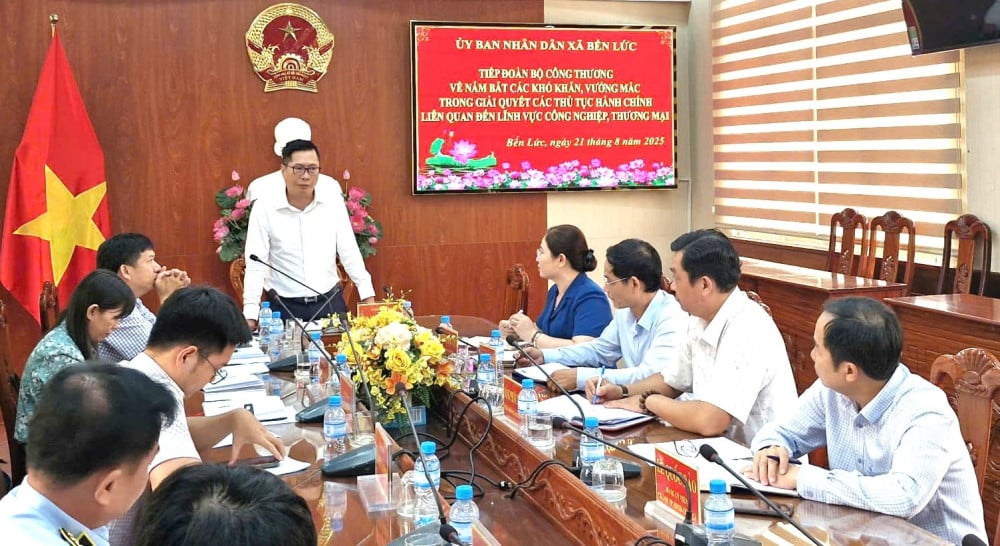
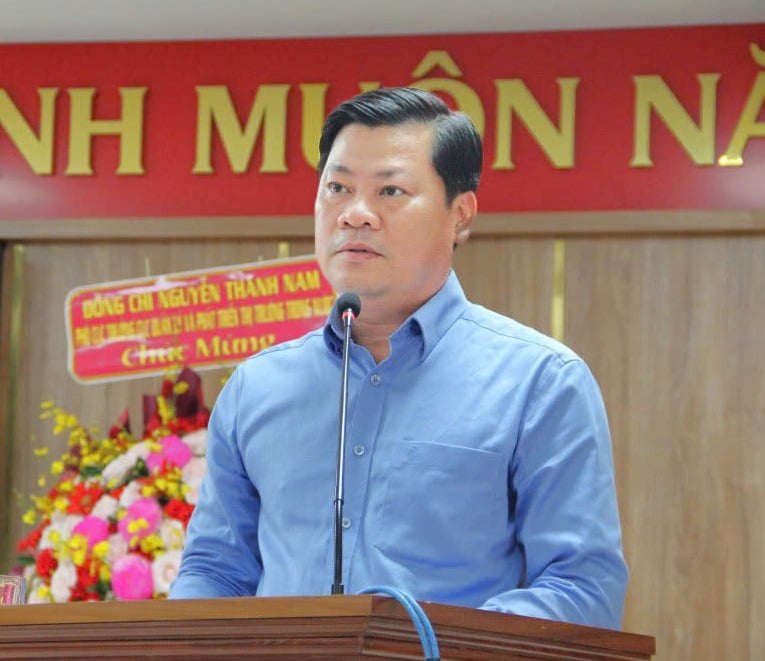
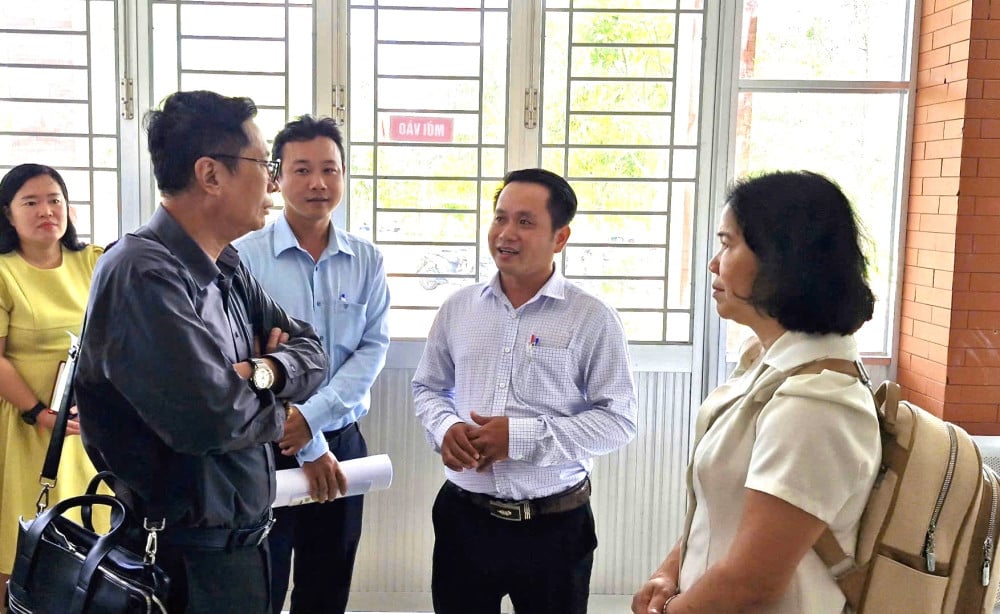


![[Photo] National Assembly Chairman Tran Thanh Man attends the first plenary session of AIPA-46](https://vphoto.vietnam.vn/thumb/1200x675/vietnam/resource/IMAGE/2025/9/18/4593de8b5fb349d7a3da4b5de7faccf6)
![[Photo] National Assembly Chairman Tran Thanh Man begins attending AIPA-46 activities](https://vphoto.vietnam.vn/thumb/1200x675/vietnam/resource/IMAGE/2025/9/18/73487ff8ed57412eab9211273946c14d)













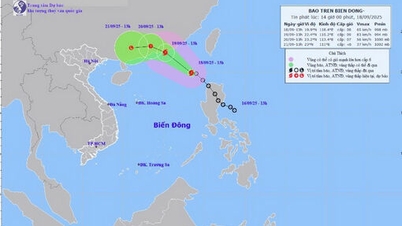













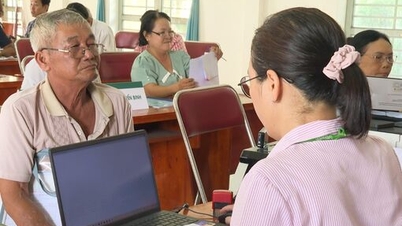
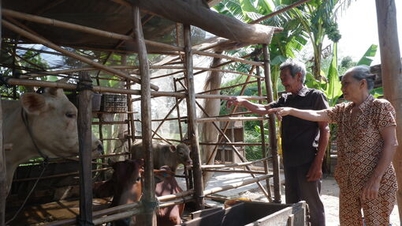

![[Photo] Inside the Imperial Academy relic of Hue Citadel before the hundred billion dollar restoration](https://vphoto.vietnam.vn/thumb/1200x675/vietnam/resource/IMAGE/2025/9/18/77fd186af68341b1a8bffd072fa896a6)






























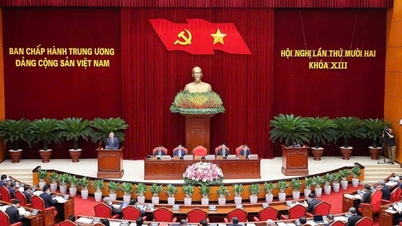







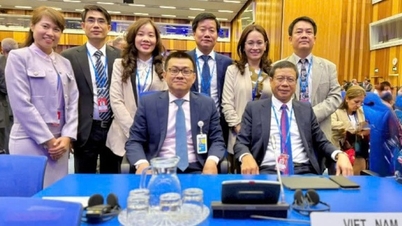




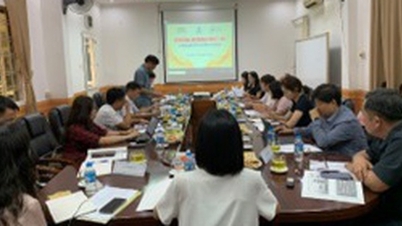




















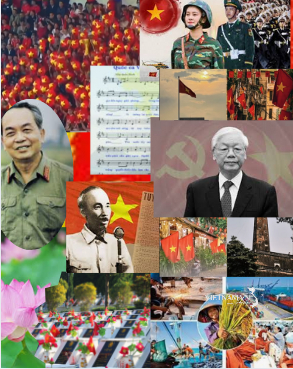



Comment (0)